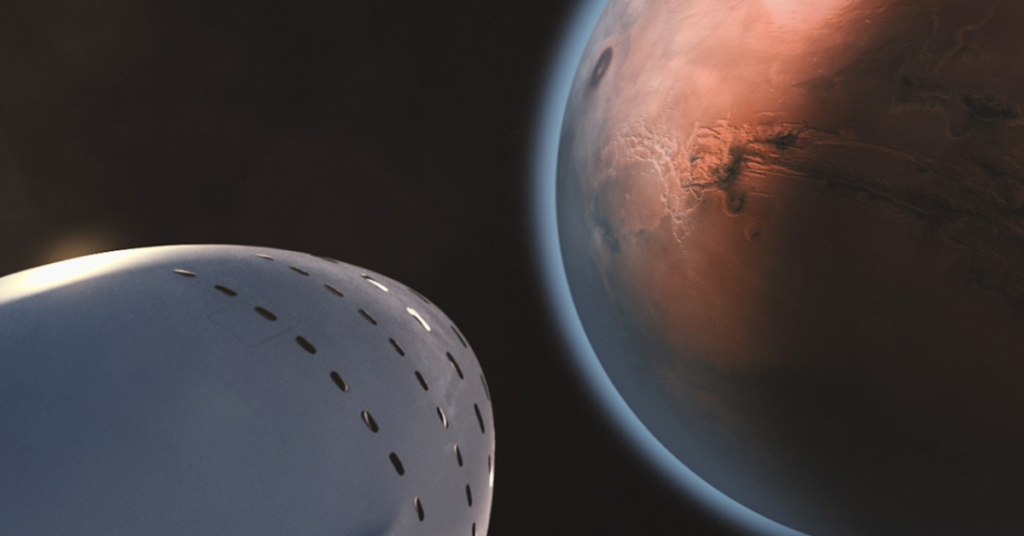Last updated on March 28th, 2024 at 04:12 am
Rochester, New York–Researchers developed a pioneering AI tool that enables individuals with Parkinson’s disease to evaluate the severity of their symptoms within minutes.
Parkinson’s Disease is one of the fastest-spreading diseases. About one million people in the U.S. have Parkinson’s disease (PD). PD is a neurodegenerative disorder that affects the nervous system, causing a wide range of symptoms such as tremors, stiffness, and difficulty with balance and coordination. It is more commonly found in older individuals, with the average age of onset being around 60 years old.
This Artificial intelligence system has been developed at the University of Rochester to assess the patient’s symptoms. It works when they tap their fingers before a webcam, generating standardized metrics to classify tremor severity. It rates their motor performance on a scale of 0-4.
The AI exceeded primary care physicians with UPDRS certification. It rapidly evaluates patients using MDS-UPDRS guidelines and generates computational metrics. These metrics include speed, amplitude, frequency, and period, consistent with medical guidebooks.
A study was published in npj Digital Medicine journal in which 250 Parkinson’s patients performed a finger-tapping task. The neurologists performed better than the AI model. Md Saiful Islam led the study with several other Medical Center’s Department of Neurology members, including Associate Professor Jamie Adams, Professor Ray Dorsey, and Associate Professor Ruth Schneider.
Ehsan Hoque, co-director of the Rochester Human-Computer Interaction Laboratory, said, “These study findings could benefit patients struggling to access neurologists, obtain appointments, and travel to hospitals. It’s an example of how AI is gradually being integrated into healthcare to serve patients beyond the traditional clinic setting, improving health equity and accessibility.”
They suggest this method can be applied to assessing other movement disorders, such as Huntington’s disease. However, it is a developing technology requiring more research to make it applicable without expert neurologist advice.
The Genetic Test Saved One Life And Could Save Million More Human Beings







